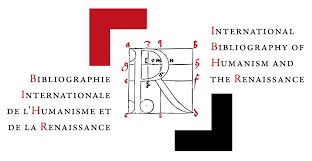The main trends in the development of the Soviet-Romanian relations at the highest level in the second half of the 1970s — the first half of the 1980s
DOI:
https://doi.org/10.31168/2073-5731.2023.1-2.1.07Keywords:
L. I. Brezhnev, Yu. V. Andropov, N. Ceauşescu, Romania, Soviet-Romanian relations, Soviet Bloc, Warsaw Pact OrganizationAbstract
Since the beginning of the 1960s, in Romanian foreign policy, the desire to pursue a more independent course, which puts at the forefront not the interests of the entire Soviet Bloc, but national priorities, has led to a complication of relations with the Soviet Union. Differences between the two parties became most acute in August 1968, when Romania condemned the intervention of five of its Warsaw Pact allies in Czechoslovakia. In subsequent years, efforts were made from both sides to restore friendly relations between the two countries, which was manifested in the signing in 1970 of a new Soviet-Romanian treaty of friendship, cooperation and mutual assistance. The next important milestone in the development of the bilateral relations was the exchange of highest-level visits in 1976. During regular meetings, L. I. Brezhnev and N. Ceauşescu showed not only disagreements on a number of key issues of international relations (problems of disarmament, the question of the expediency of the Soviet military action of 1979 in Afghanistan), but also differences in approaches to the very principles of relations between Socialist countries. Nevertheless, the parties managed to avoid sharp conflicts. In comparison with L. I. Brezhnev, his successor Yu. V. Andropov took a tougher stance on issues that were the subject of Soviet-Romanian disagreements. A new positive turn in Soviet-Romanian relations took shape in 1984, on the very eve of Perestroika. By this time, the Soviet leadership showed a greater understanding of the motives of the Romanian official position. In addition, the deterioration of the situation in the Romanian economy increased the interest of the Romanian leadership in developing close economic ties with the USSR.
Received: 06.01.2023.
Citation
Buga V. The main trends in the development of the Soviet-Romanian relations at the highest level in the second half of the 1970s — the first half of the 1980s // Slavic Almanac. 2023. No 1–2. P. 132–158 (in Russian). DOI: 10.31168/2073-5731.2023.1-2.1.07






